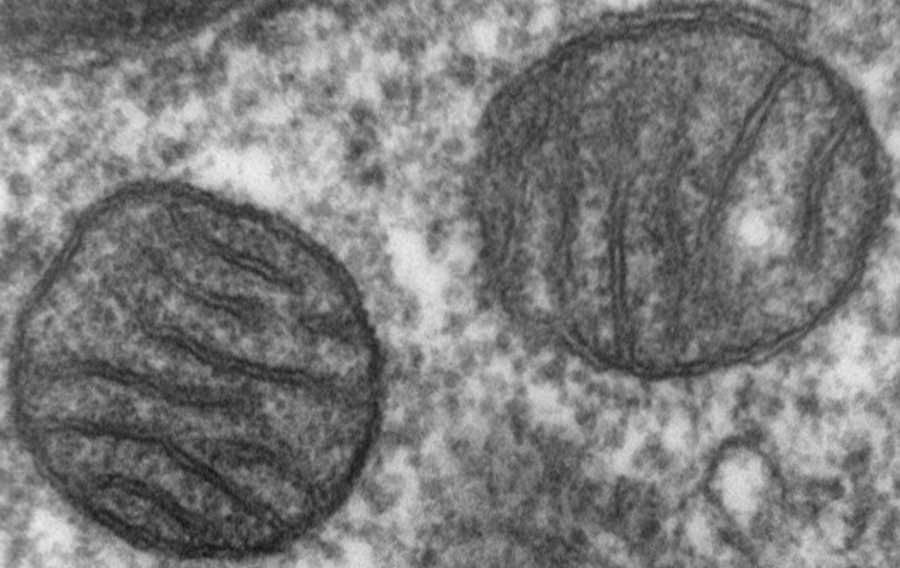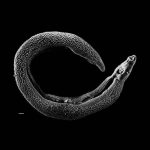
Unknown mechanism of mitochondrial disease discovered by UW researchers
A team of researchers from the University of Warsaw has discovered a previously unknown mechanism for mitochondrial diseases. Warsaw researchers’ research allows for new treatment strategies for this type of disease.
Mitochondrial diseases are diseases with a genetic basis, whichóre are due to malfunctioning mitochondriaów and changes in their structure. They usually manifest themselves in disorders of the nervous system or muscles. Predominantly involve myopathies, encephalopathies and neuropathies.
Nuclear DNA genes, whichórich lesions are responsible for this type of disease, encode most of the proteins necessary for the proper structure and smooth functioning of mitochondriaów – parts of the comórk responsible for energy production. These proteins are formed outside the mitochondria and are imported inside the said organelles by specialized transport mechanisms.
Scientists at the Mitochondrial Biogenesis LaboratoryóUniversity of Warsaw’s Center for New Technologies – Dr. Karthik Mohanraj and Dr. Michal Wasilewski – carefully analyzed the import of mutant forms of the COA7 protein identified in patientów. COA7 plays an important role in the formation of the protein machinery that produces energy, the so-called “energy machinery”. complexóin respiratory.
– Our observations show that the import of the mutant COA7 protein occurs more slowly than the healthy protein. As a result of slower import, it is exposed to the proteasome longer – A system that destroys proteins that are damaged or mislocalized. This leads to an almost complete absence of mutant proteins in the cellópatientów – mówi quoted in a message published on the UW website by Dr. Michal Wasilewski.
Researchers have shown that this process can be inhibited by specific substances that slow down chemical reactions, known as “proteinase”. proteasome inhibitors. This not only leads to inhibition of degradation of the mutant COA7 protein, but róalso a partial adductóThe use of the mitochondrial functionów.
The findings were published in the journal „EMBO Molecular Medicine”.
„Proteasome inhibitors, such as bortezomib, are now being used to treat certain forms of cancerów. Researchers say that many diseasesób mitochondrial, whichóre are associated with a significant loss of mutant proteins in the comórks of patientsów, may be due to their mislocalization and premature degradation outside the mitochondria” – reads the UW website.
Scientist’s discoveryów of the team led by Prof. Agnieszka Chacinska may contribute to the development of new, effective therapies for treating chorób mitochondrial. They also provide a basis for expanding the use of the drugów anti-cancer drugs, such as bortezomib, o treat this type of diseaseób.
The research was conducted in a coóIn cooperation with scientists from the Institute of Biochemistry and Biophysics of the Polish Academy of Sciences and the university ofóin Cambridge and Göttingen. The researchers are now seeking international patent protection for their discovery.





